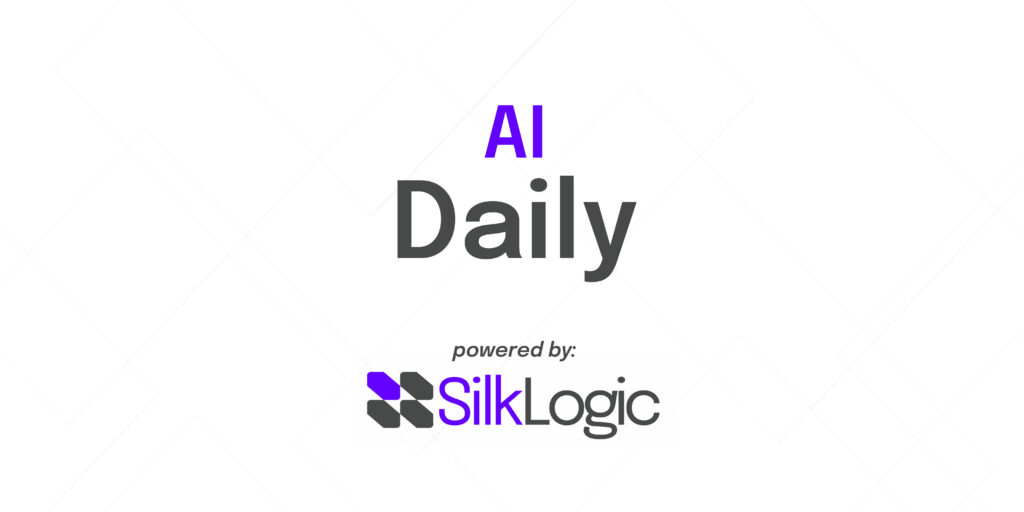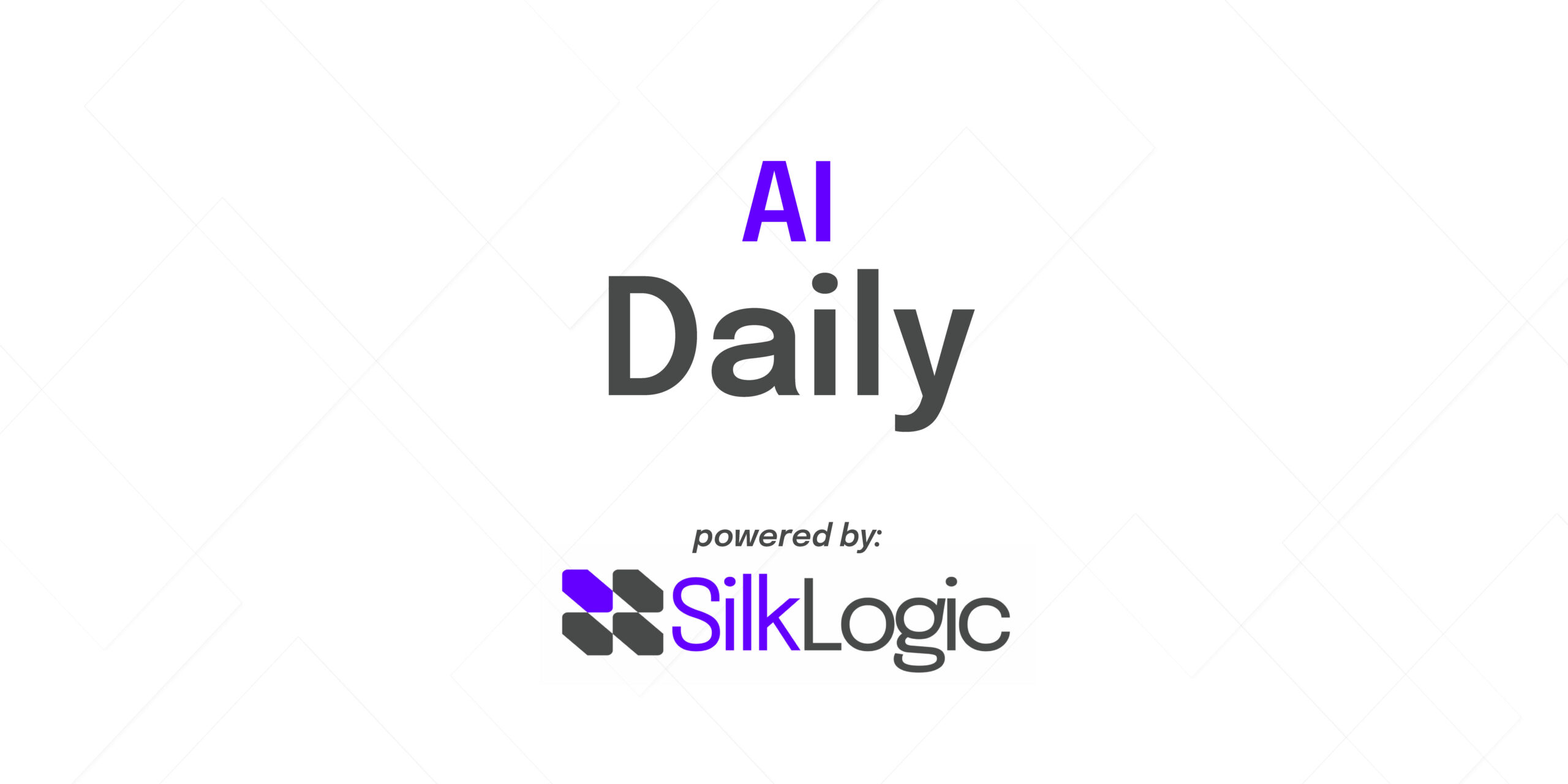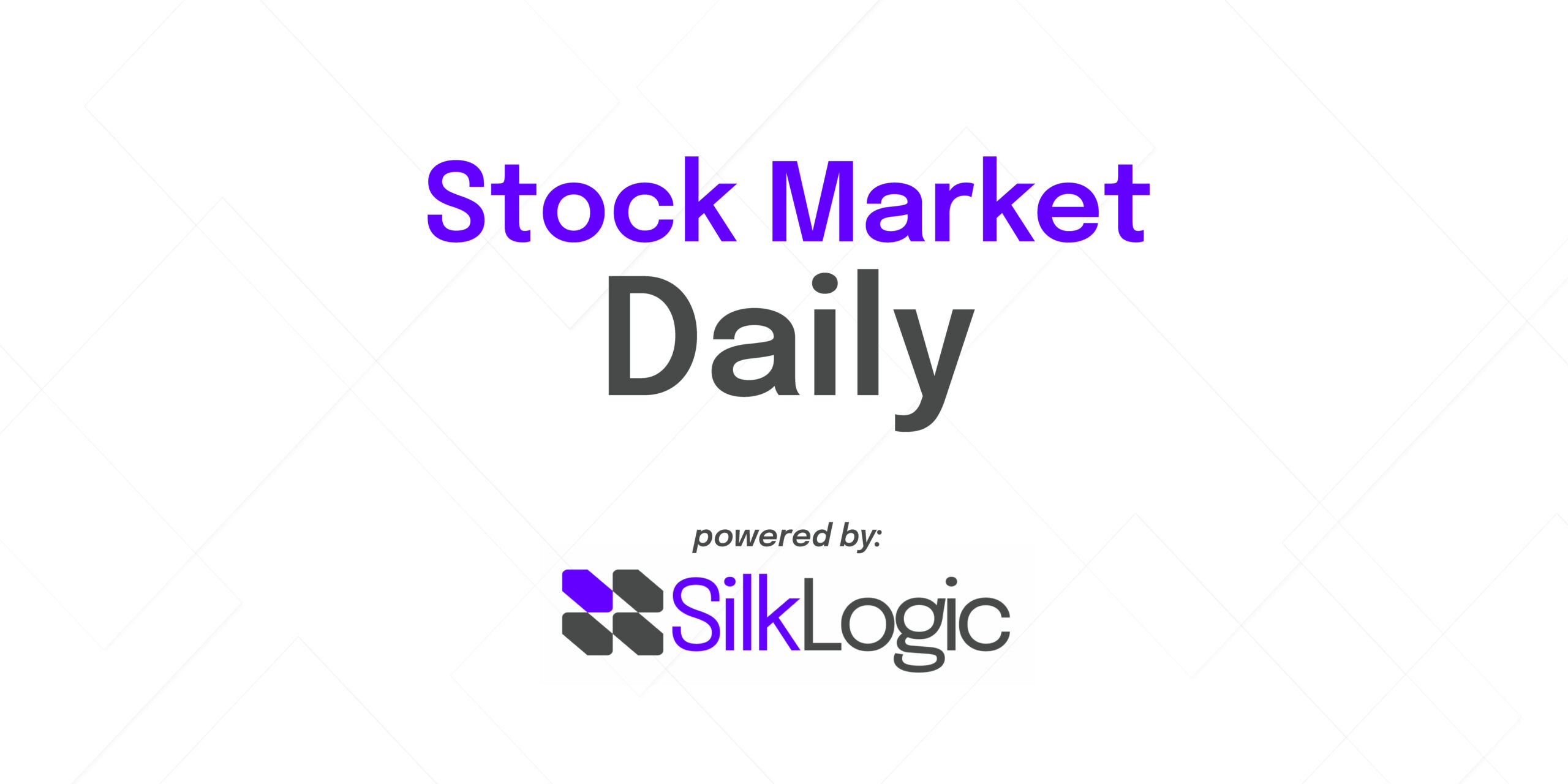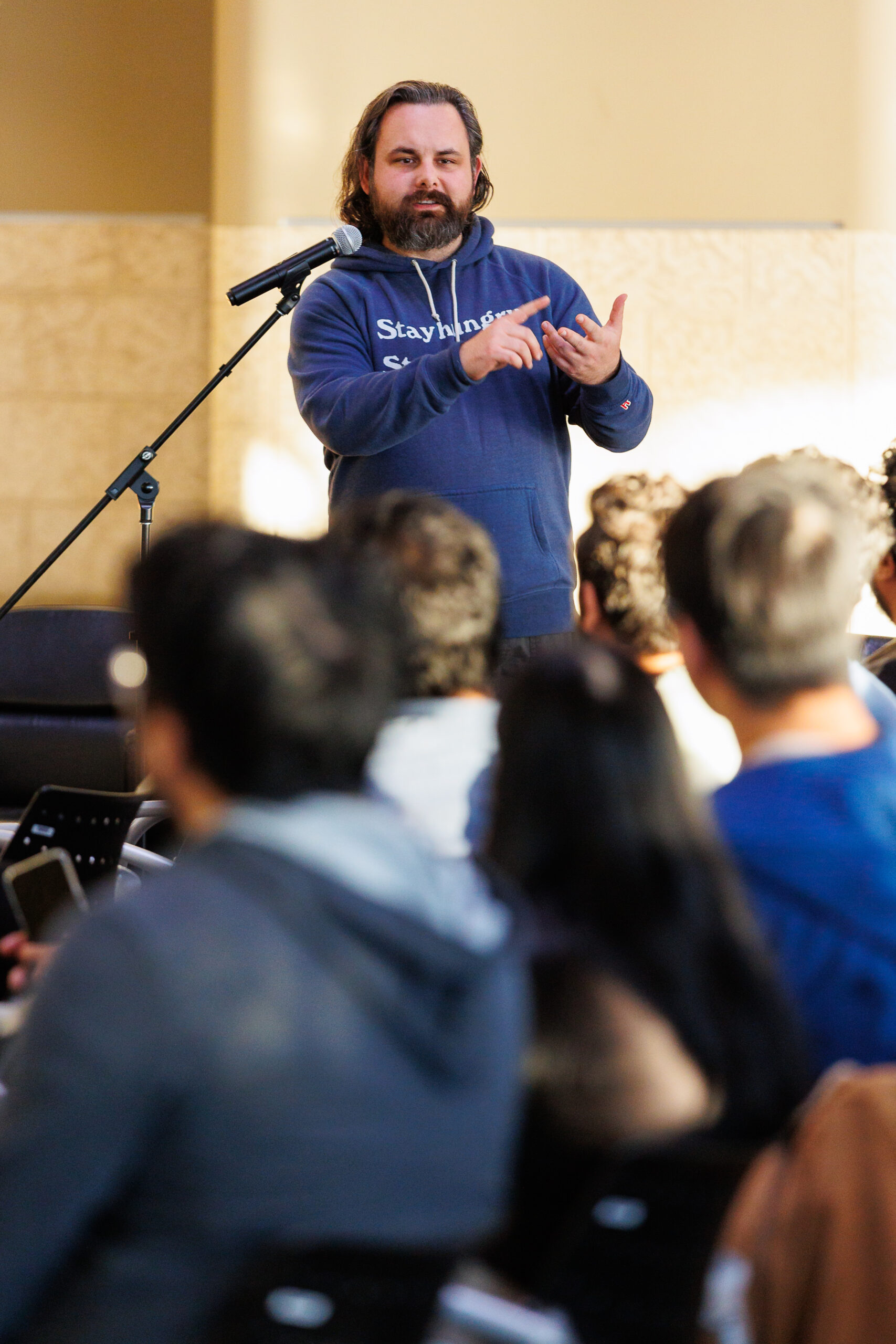Listen to today’s podcast: https://www.youtube.com/channel/UC-nqwUyvLDEvs7bV985k-gQ
AI Daily Podcast 11/25/2025
Today’s podcast episode was created from the following stories: a rapid-fire mix of model breakthroughs, cloud capacity crunches, safety shakeups, legal rulings, and a wave of new AI assistants and coding tools reshaping how we build and secure software.
Salesforce’s Marc Benioff says Google’s Gemini 3 just blew past ChatGPT: ‘I’m not going back’
Salesforce CEO Marc Benioff said Gemini 3 represents an “insane” leap in reasoning, speed, and multimodal capability, signaling a notable shift in executive sentiment toward Google’s latest model. Praise also came from leaders like Sam Altman, Andrej Karpathy, and Patrick Collison, adding momentum to Gemini 3’s launch. Bottom line: endorsements from influential buyers hint at changing enterprise preferences as the model race tightens.
Amazon is using specialized AI agents for deep bug hunting
Amazon’s Autonomous Threat Analysis (ATA) uses competing teams of specialized red/blue AI agents inside high-fidelity test environments to discover real attack paths and propose verified detections. The system emphasizes evidence-based outputs to curb hallucinations and keeps humans in the loop before changes go live. It’s a blueprint for scaling security work at “machine speed” as AI accelerates both development and adversary tactics.
A research leader behind ChatGPT’s mental health work is leaving OpenAI
OpenAI’s Andrea Vallone, who led the model policy team shaping ChatGPT’s responses to users in crisis, will depart at year’s end amid scrutiny and lawsuits over chatbot behavior. OpenAI says it reduced problematic responses by 65–80% in high-risk conversations and is searching for a replacement, with interim reporting to the head of safety systems. The move underscores the delicate balance between scale, “warmth,” and safety in mainstream chatbots.
OpenAI’s smackdown by a German court hints at what’s next for AI and art
A Munich court ruled that GPT-4/4o training and some outputs infringed lyrics-related copyrights, ordering OpenAI to stop storing and outputting the texts and to disclose usage details. The decision contrasts with a recent UK ruling favoring Stability AI, highlighting how “memorization” and output perceptibility may drive outcomes in different jurisdictions. Expect progress toward licensing markets that likely benefit major rights holders first.
Amazon’s AI capacity crunch and performance issues pushed customers to rivals including Google
AWS Bedrock hit critical capacity and latency issues this summer, delaying revenue and pushing high-profile workloads to Google Cloud and others. Internal documents cited quota limits, slower performance versus rivals, and missing features as key friction points, even as Amazon races to expand power and Trainium deployments. The takeaway: in AI infrastructure, capacity and speed are king—and customers will move fast when they aren’t met.
Samsung follows Apple’s AI strategy with Perplexity-powered Bixby
Samsung is reportedly integrating Perplexity into Bixby for complex reasoning and generative tasks, while keeping on-device basics in Bixby—mirroring Apple’s multi-model approach for Siri. Despite deep ties with Google’s Gemini, Samsung’s move suggests a broader, model-agnostic assistant strategy. For users, assistant quality may increasingly hinge on smart routing across multiple best-in-class models.
Former GitHub CEO Thomas Dohmke has a new gig
Thomas Dohmke is joining Apiiro as a strategic advisor to help organizations secure AI-generated code at scale. Apiiro ties into code management systems to add policy and context to AI coding agents, auto-spotting and fixing issues while easing developer burden. As AI coding proliferates, guardrails like these are becoming essential enterprise stack components.
Meet the new Chinese vibe coding app that’s so popular, one of its tools crashed
Ant Group’s LingGuang, a multimodal “vibe coding” app, hit 2 million downloads within days, briefly crashing its flash program feature that generates simple apps in about 30 seconds. Beyond rapid app creation, it can produce 3D models, charts, and live scene understanding via an “AGI camera,” and is available globally. The surge spotlights mass-market appetite for AI-built apps—and the scaling challenges that follow.





